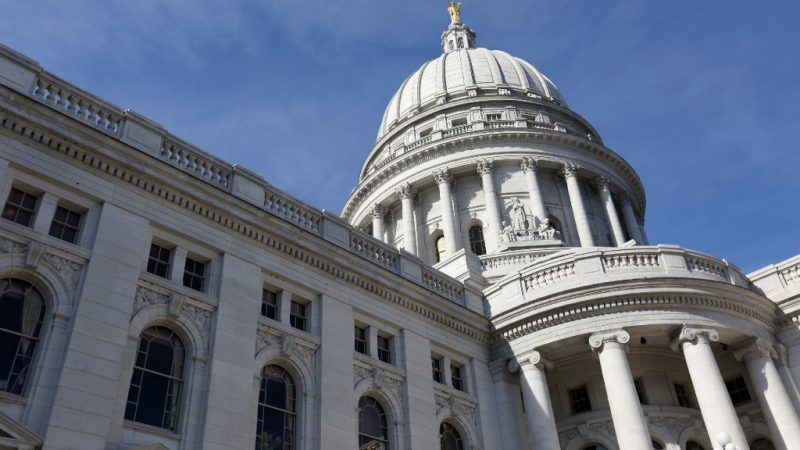The Assembly Criminal Justice and Public Safety Committee unanimously approved a pair of bills Thursday that stiffen penalties for impaired drivers.
AB 15 and 17 would require those charged with first-offense OWI to appear in court and would implement a presumptive mandatory minimum sentence of five years in prison for OWI homicide, respectively.
Those two bills were part of a package of four OWI-related proposals introduced by Rep. Jim Ott, R-Mequon, earlier in the session. All four proposals were scheduled for an exec before the panel a month ago, but Chairman John Spiros, R-Marshfield, canceled the vote after a flurry of last-minute amendments left their passage in doubt.
While both sides of the aisle reached compromise on AB 15 and 17, negotiations on AB 16 and 18 continue. In their original form, those measures would create a mandatory minimum prison sentence for those convicted of fifth and sixth-offense OWI and would make first-offense OWI a criminal misdemeanor rather than a civil violation.
>> WisPolitics is now on the State Affairs network. Get custom keyword notifications, bill tracking and all WisPolitics content. Get the app or access via desktop.
But Ott told WisPolitics.com Thursday that Rep. Mark Spreitzer, D-Beloit, proposed appropriations to both bills that the Mequon Republican couldn’t support.
According to Ott, Spreitzer introduced an amendment to add more than $3 million over the course of the biennium to AB 16 in order to provide the Department of Corrections with resources for drug and alcohol treatment classes for fifth and sixth-offense OWI convicts.
While Ott said he supports treatment options for such offenders, he noted that many are ordered by courts to attend those classes and pick up the tab out of pocket.
“I’d have trouble voting for the bill myself if we’re taking $3.3 million of taxpayer money to pay for people’s bad behavior when they already are paying for it themselves,” he said.
But Spreitzer noted that those treatment options are only available to offenders after they are released and that DOC is already paying for treatment options for those serving prison sentences.
“My stance on the amendment is that incarcerating people for an extra year – which will cost money, take people away from their jobs and families, and increase our prison population (something I am overall working to do the opposite of) – is only worth it if in doing so we are reducing the likelihood that these people commit future OWIs once they are released,” he said in an email.
As for AB 18, Ott said Spreitzer proposed an amendment totaling close to $14 million over the biennium to ensure that additional prosecutors and public defenders would be available to handle an influx of criminal referrals stemming from first-offense OWI.
Ott said the appropriation was not necessary as the Legislature already planned to provide additional funding for those positions. The Joint Finance Committee on Tuesday approved $38.4 million in general purpose revenue to boost pay for prosecutors and public defenders while adding 26.5 positions in district attorney offices across the state.
The bulk of that money — $25.7 million — would increase the rate paid to private attorneys who act as public defenders. Meanwhile, $3.6 million of it would go to helping counties cover the costs of attorneys appointed by circuit courts to represent the indigent.
But Spreitzer said that amount is the bare minimum needed to address the current caseload, and doesn’t take into account “thousands of new criminal cases” the bill would create.
“Without the amendment, this bill will overburden our criminal justice system and starve it of the resources needed to effectively prevent drunk driving and prosecute other crimes,” he said.
See AB 16:
https://docs.legis.wisconsin.
See AB 18:
https://docs.legis.wisconsin.



